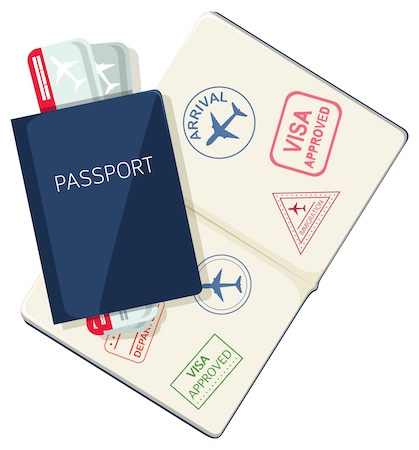After World War II, countries like Australia, Canada, and the United States welcomed large waves of immigrants—primarily from Europe. Italians, Greeks, Portuguese, and Yugoslavs, though often facing discrimination, largely shared a Judeo-Christian cultural framework that aligned with their new host societies. This cultural compatibility helped ease their integration, despite linguistic and social differences.
In more recent decades, however, immigration patterns have shifted significantly. Many Western countries have seen a sharp rise in the number of immigrants from Muslim-majority nations. This has brought about notable demographic changes and, in some areas, growing cultural tensions. While diversity can be a strength, it also requires shared values and mutual understanding to thrive.
It is important to acknowledge that the majority of Muslims are peaceful and law-abiding. Many have themselves been victims of extremism and war. However, it is equally necessary to recognize that a disproportionate number of global terrorist attacks have been carried out in the name of radical Islamist ideologies. According to data between 1979 and April 2024, over 66,000 Islamist terror attacks have resulted in nearly 250,000 deaths worldwide.
The challenge lies not in faith, but in extremism—and the failure of some individuals and institutions to integrate into the civic values of their adopted countries. In some Western mosques, rhetoric hostile to Western democracies and Jewish communities has been documented, raising serious concerns about the rise of radicalization within certain segments.
Historical context matters too. The 20th century witnessed atrocities committed in the name of political Islam—from the Armenian genocide under Ottoman rule during which 1.5 million were slaughtered to collaboration with Nazi Germany by figures such as the Grand Mufti of Jerusalem. The modern-day echoes of this extremism were tragically evident in the October 7, 2023, attacks in Israel.
Western societies must consider the long-term implications of unchecked migration without adequate emphasis on integration. In France, the Muslim population has surged from 0.55% in 1959 to 13% today. In the UK, it has grown from 0.2% in 1950 to 4% now. Sweden has experienced one of the most dramatic increases—from 0.01% in 1950 to over 5% today. By contrast, countries like Romania, Hungary, and Poland have seen minimal change and, arguably, fewer internal cultural frictions.
Australia’s case is also notable. In 1954, only around 1,500 individuals identified as Muslims. Today, the figure stands at 850,000 over 3% of the population. Recently, Australia granted 3,000 visas to individuals from Gaza—some of whom reportedly expressed support for the atrocities of October 7. While compassion is laudable, policies must also consider security and long-term societal cohesion.
In major Western cities, political shifts are also occurring. London’s mayor, Sadiq Khan, has become a symbolic figure of multicultural Britain. Meanwhile, in New York City, rising political figures like Zohran Mamdani—whose controversial views include support for radical ideologies—are gaining traction. Mamdani is a self-proclaimed Communist and has called for global intifada. Is this a person people want for mayor. Amazingly, or stupidly, Jews have voted for him. How quickly New Yorkers have forgotten about the horror of 9/11. It is worth asking how these dynamics reflect the values and direction of modern liberal democracies.
Japan, often criticized for its strict immigration policies, remains relatively free of the religious extremism that has troubled parts of Europe. This raises uncomfortable but necessary questions: Have Western societies prioritized ideology over pragmatism and security? Have they failed to distinguish between inclusivity and naivety?
We really have to question the wisdom of immigration models that disregard cultural compatibility and the challenges of assimilation. Without a course correction, the West, especially Western Europe may find itself Muslim majority nations by the year 2060.
As a friend from Indonesia used to remark, “We in West are stupid.” If we continue down this path without serious reflection, we may soon find ourselves at a point of no return.




The West will never learn. It's about needing cheaper slaves to bolster faulty notions of power and money so that "elites" can feel richer and more prosperous.
Who created the terrorists?
Who armed and enabled these terrorists?
None other than the West